Vietnamese seafood enterprises face difficulties in implementing green standards
These standards aim to protect the environment, promote sustainable production, and meet the requirements of export markets such as the EU and the U.S. However, in reality, the green transition journey is not easy for many businesses, especially small-scale ones. So, what are the major barriers?
1. Specific challenges faced by seafood enterprises
1.1. Investment cost difficulties
To meet green standards, seafood businesses must upgrade their infrastructure, adopt modern technology, and establish environmentally friendly processes. These changes require significant initial capital. For example, installing wastewater treatment systems or renovating farming ponds to meet ASC criteria can cost billions of VND.
For small and medium-sized enterprises — the majority in the industry — arranging finances to pursue international certifications is a major headache. The cost of obtaining certification, plus annual maintenance fees, can easily push many businesses into financial strain, forcing them to choose between investing or giving up export markets.
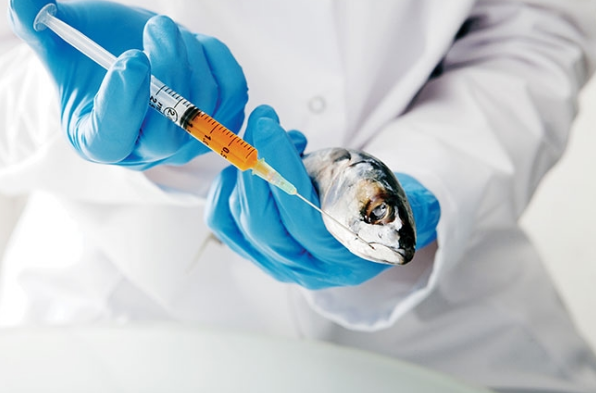
1.2. Labor limitations and lack of experience
Another barrier is the inadequacy of human resources to meet green standards. Many seafood enterprises lack teams with expertise in sustainable production or environmental management. Managers often don’t clearly understand how to apply ESG principles in practice, while workers are not sufficiently trained in environmental protection skills in farming and processing.
In reality, small and medium businesses often have to figure things out on their own when implementing these standards. This not only takes time but also slows down their ability to adapt to international market requirements.
(Image caption: Seafood processing – Managing a sustainable supply chain is a major challenge for seafood enterprises. Source: pewtrusts.org)
1.3. Difficulties in complying with international standards
International standards such as Global GAP, ASC, or MSC impose strict requirements on raw material traceability, production processes, and environmental impact. For Vietnamese seafood businesses, this is a significant challenge. For example, to obtain ASC certification, a company must prove that its products do not cause environmental pollution and do not use banned chemicals. This requires comprehensive changes from farming to processing stages.
Moreover, maintaining these certifications is not easy. Companies must regularly inspect and upgrade systems and meet periodic evaluations from international organizations. With limited resources, many businesses feel overwhelmed.
1.4. Challenges in supply chain management
Controlling the supply chain is another challenge. To meet green standards, businesses must closely monitor everything from breeding stock and feed to product transportation. However, in Vietnam, the seafood supply chain is still fragmented. Smallholder farmers, who make up a large portion of the industry, often cannot meet traceability or sustainable production requirements.
When one link in the chain fails to meet standards, the entire certification process can collapse. This reduces the competitiveness of businesses in global markets.
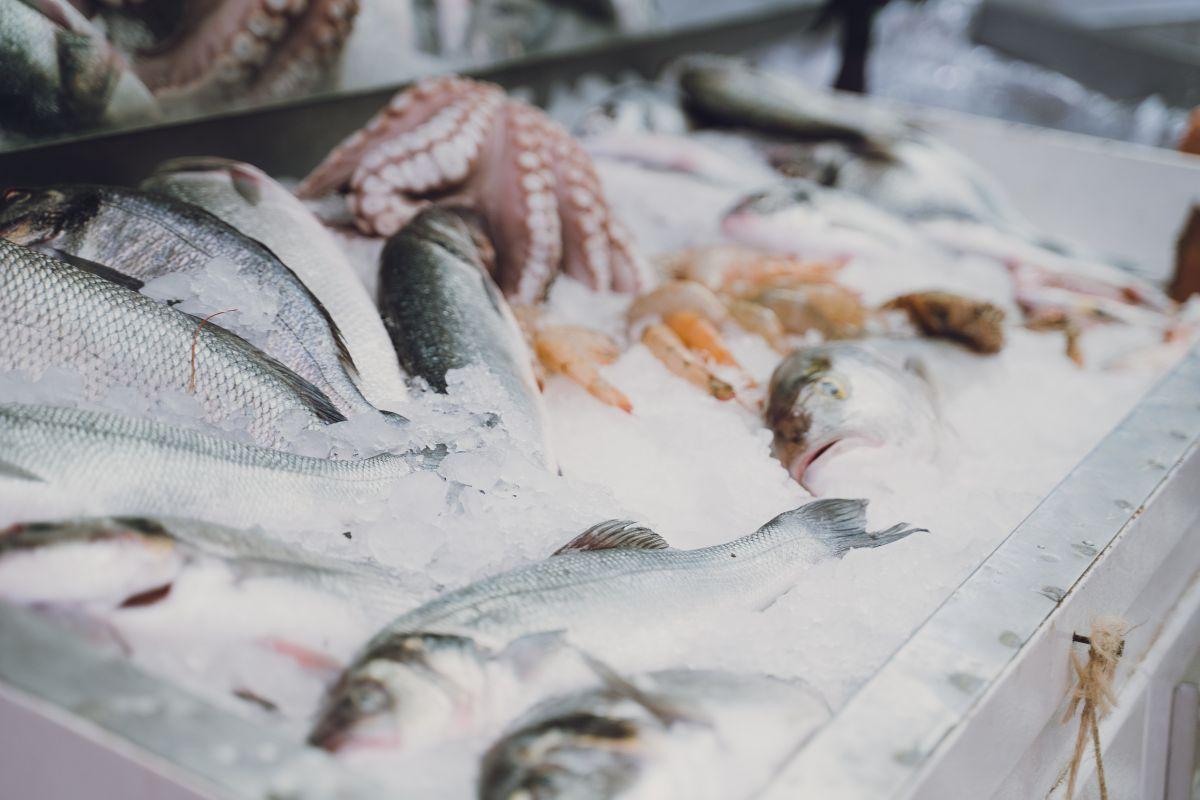
2. Challenges in maintaining and developing green standards
2.1. Competitive and market pressure
Vietnamese seafood enterprises are facing fierce competition from countries like Thailand and India that have adapted well to green standards. These countries not only respond quickly to market demands but also earn the trust of major buyers. Meanwhile, delays could cause domestic businesses to lose market share in the EU and U.S., where import regulations are becoming increasingly strict.
Price pressure also adds to the tension. Businesses must invest to meet standards while keeping prices low to stay competitive, resulting in shrinking profit margins and increased risk of losses.
2.2. Difficulty accessing support from the government and organizations
Although there are green transition support policies from the government and international organizations, not all businesses can access them. Preferential loans or training programs are often out of reach for small enterprises in remote areas.
In the Mekong Delta, for example, many businesses don’t know how to apply for support or are hindered by cumbersome procedures. This forces them to rely almost entirely on themselves in the tough race toward green transformation.
Source: aquaculture.vn
Aqua Mina's distributor in Japan: REX INDUSTRIES CO., LTD
- Address: 1-9-3 Hishiya-Higashi, Higashi-Osaka 578-0948 JAPAN
- Email: kimakubo@rexind.co.jp
- Phone: +81-(0)72-961-9893
- Website: http://www.rexind.co.jp/e/
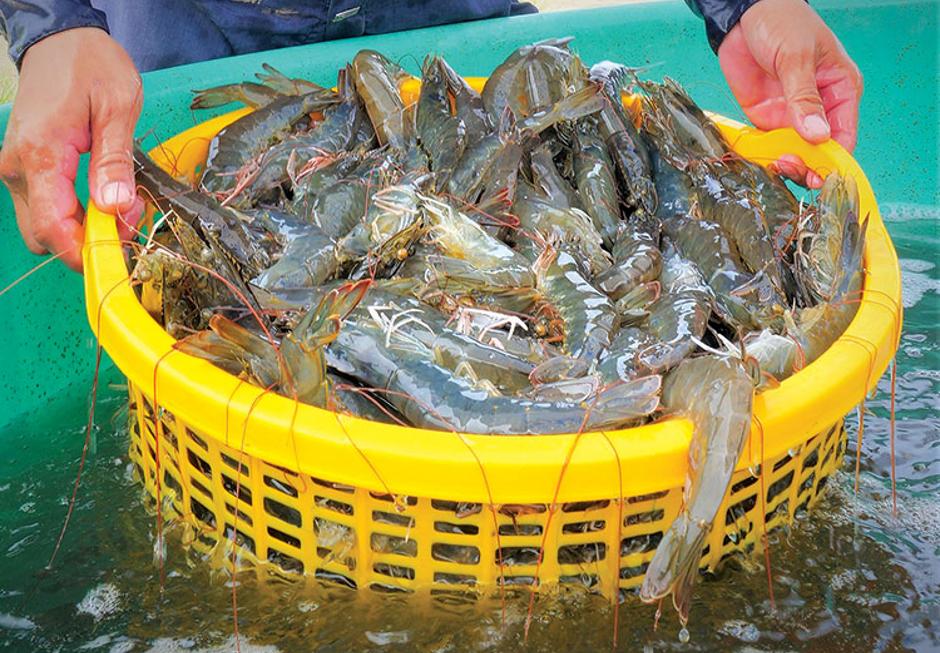
WE WORK FOR YOUR SUCCESS!
Ngày đăng : 04/08/2025
1648 View
Other Articles
Indian shrimp pivot to the EU, increasing competitive pressure on Vietnam
Indoor shrimp farming in Europe: Investment challenges and the race to find a viable model
Shrimp production surged in the first month of the year, with exports benefiting from strong demand during the Lunar New Year holiday
Quang Ninh Accelerates Digital Transformation in Shrimp Farming, Rising to Lead Northern Vietnam
Lucky money is not just about cash — it’s Aqua Mina’s wish for a worry-free farming season for our valued customers
Việt Nam's top 10 seafood exporters command nearly one-fifth of industry revenue
Ca Mau Maintains Its Shrimp Brand in International Competition
VIETSHRIMP ASIA 2026 & AQUACULTURE VIETNAM 2026 – A TURNING POINT FOR THE MODERN SHRIMP FARMING INDUSTRY
Ecuador's shrimp industry educational program SustainED kicked off its 2026
An Giang will start raising brackish water shrimp as early as the beginning of 2026
Aqua Mina conducts the on-site installation of two aquaculture air blowers | Ceramic Ball Bearing – 15 kW – 25 kPa for a customer in Quang Ninh
Towards Building Brand Value for the Shrimp Industry








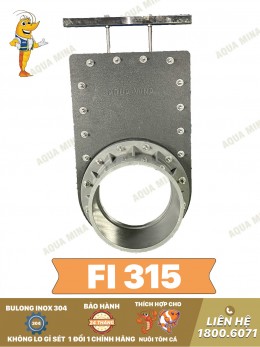
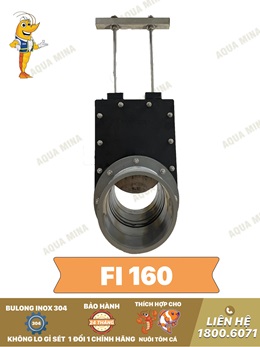
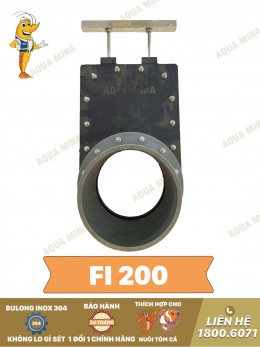
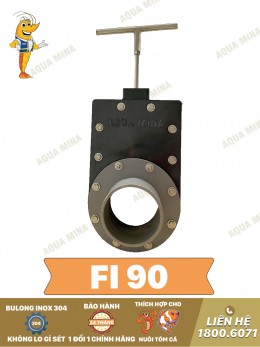
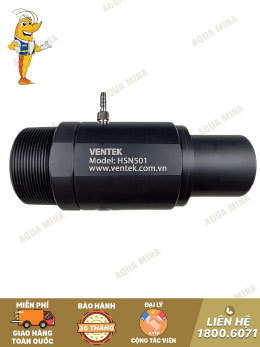
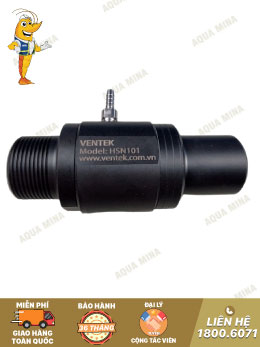
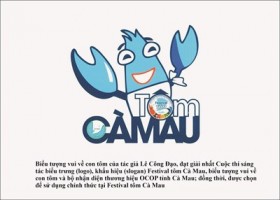
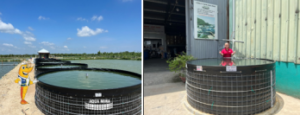
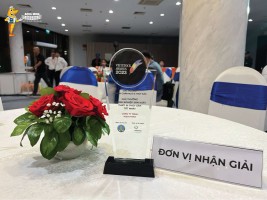
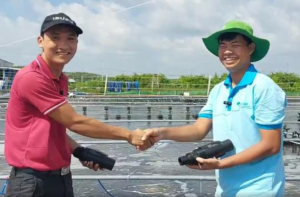
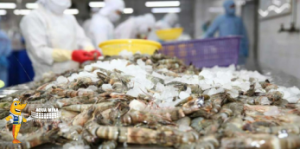
.jpg)